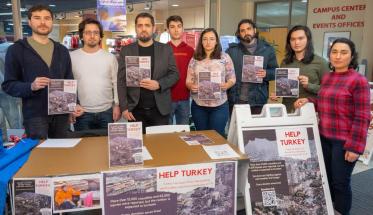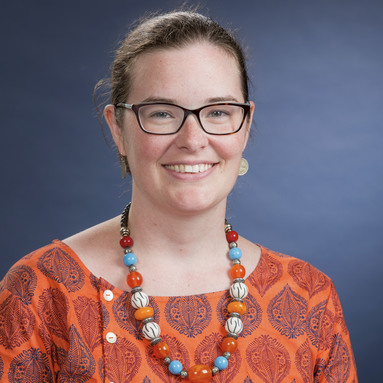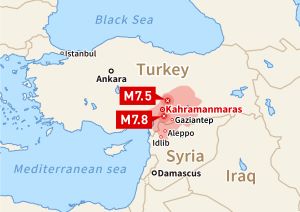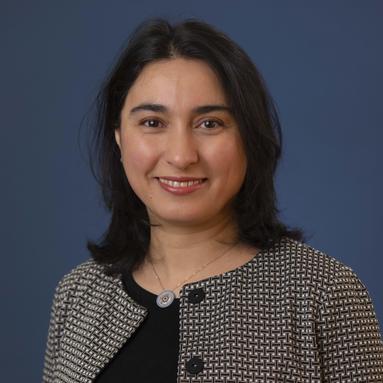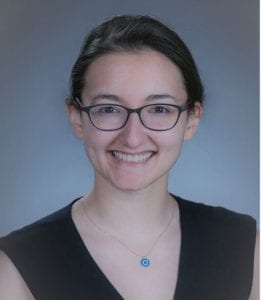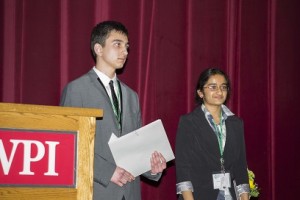Two weeks ago, two major earthquakes in Turkey and Syria killed tens of thousands of people, leaving an entire region in crisis. As aftershocks continue to roil both the land and the people—another strong quake hit just as this story was being published—a small but dedicated group of WPI faculty and students who hail from Turkey are scrambling to help their home country while also absorbing unfathomable loss.
Doctoral student Caner Tol learned of the earthquakes in his home country when his 12-year-old niece called him on the evening of February 5. Tol was working hard to meet a submission deadline for an upcoming conference, but it was the middle of the night in Turkey, so he knew something significant had prompted his niece to call.
The epicenter of the first earthquake—with a magnitude of 7.8—was about 140 miles from Tol’s home in Mersin, on Turkey’s southern Mediterranean coast. Although none of his immediate family members died in that quake or in the magnitude 7.6 tremor that followed a few hours later, residents of Mersin have felt hundreds of aftershocks since then.
“Those first days after the earthquake were the hardest days of my life. I was watching the news in tears while still going to the lab to get my work done,” says Tol, who is in the fourth year of his PhD studies in the Department of Electrical and Computer Engineering. “I really had a hard time focusing to get the results and write the paper. Of course, when you think about what people are going through in Turkey and Syria, what I experienced is very small.”
